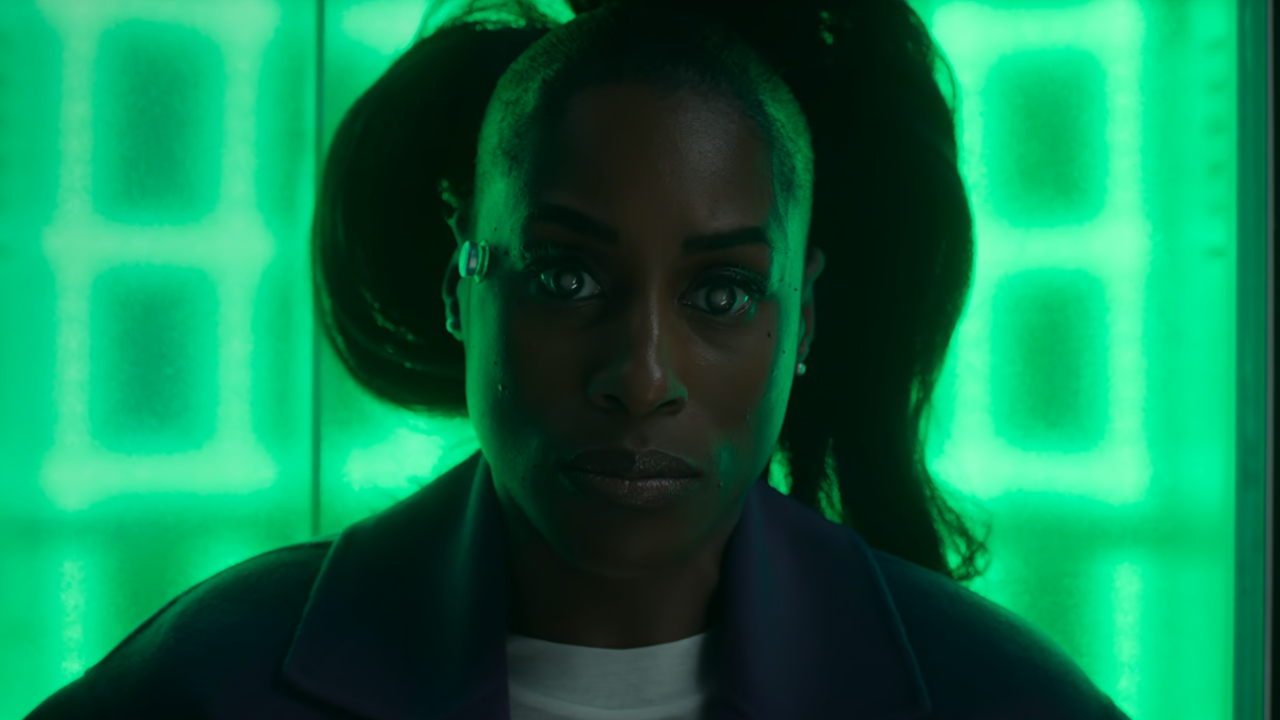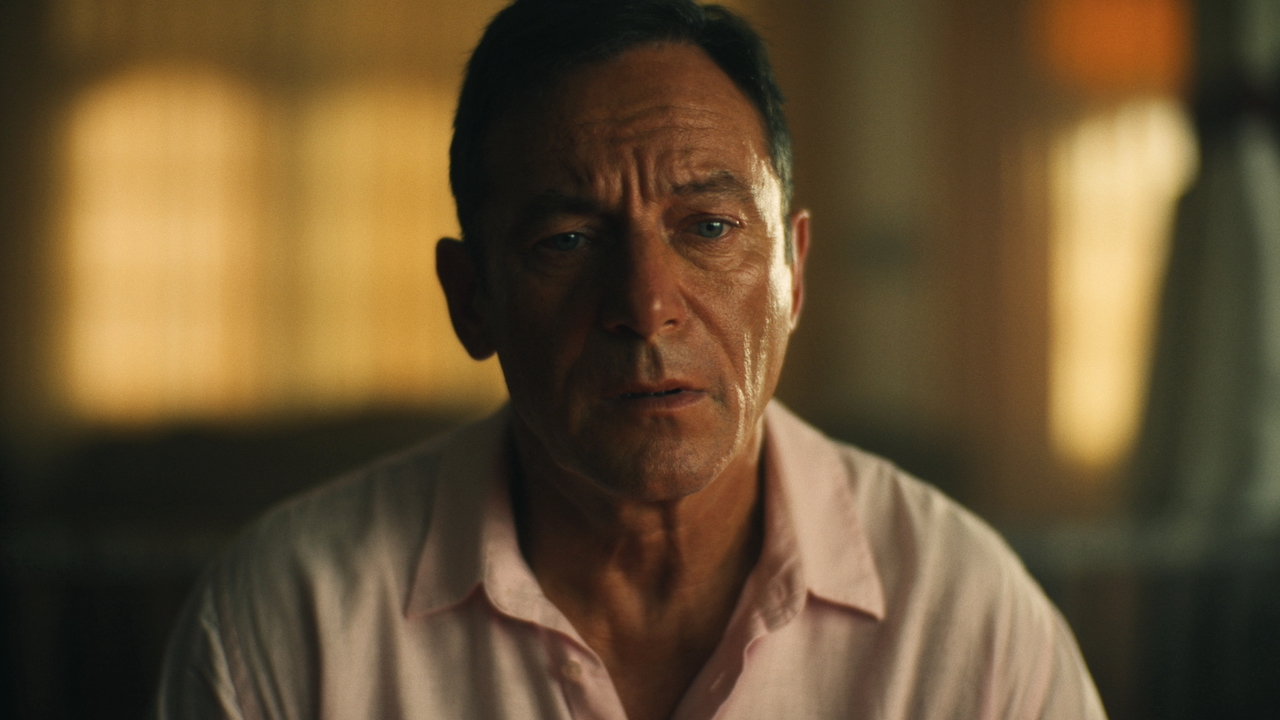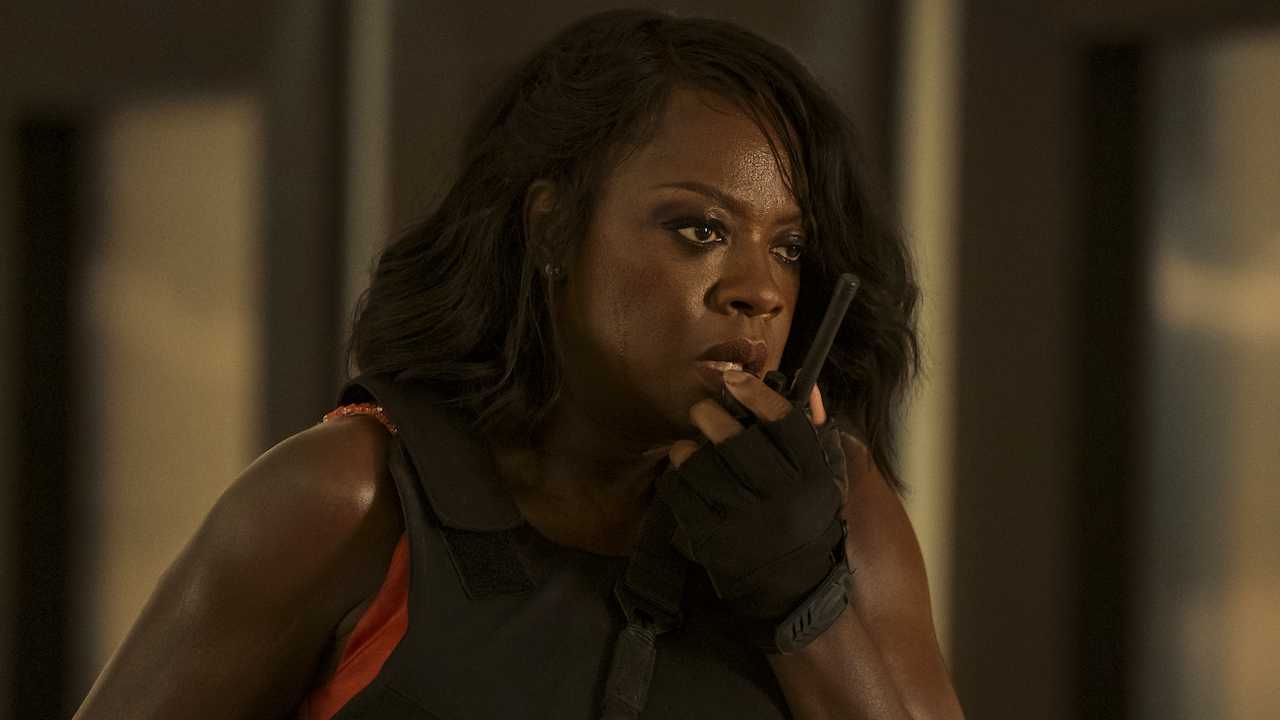Should House Of The Dragon Fans Read George R.R. Martin's Fire And Blood? I Have Thoughts After The Game Of Thrones Prequel Premiere
Here are some pros and cons about whether you should read Fire & Blood for HBO's House of the Dragon.
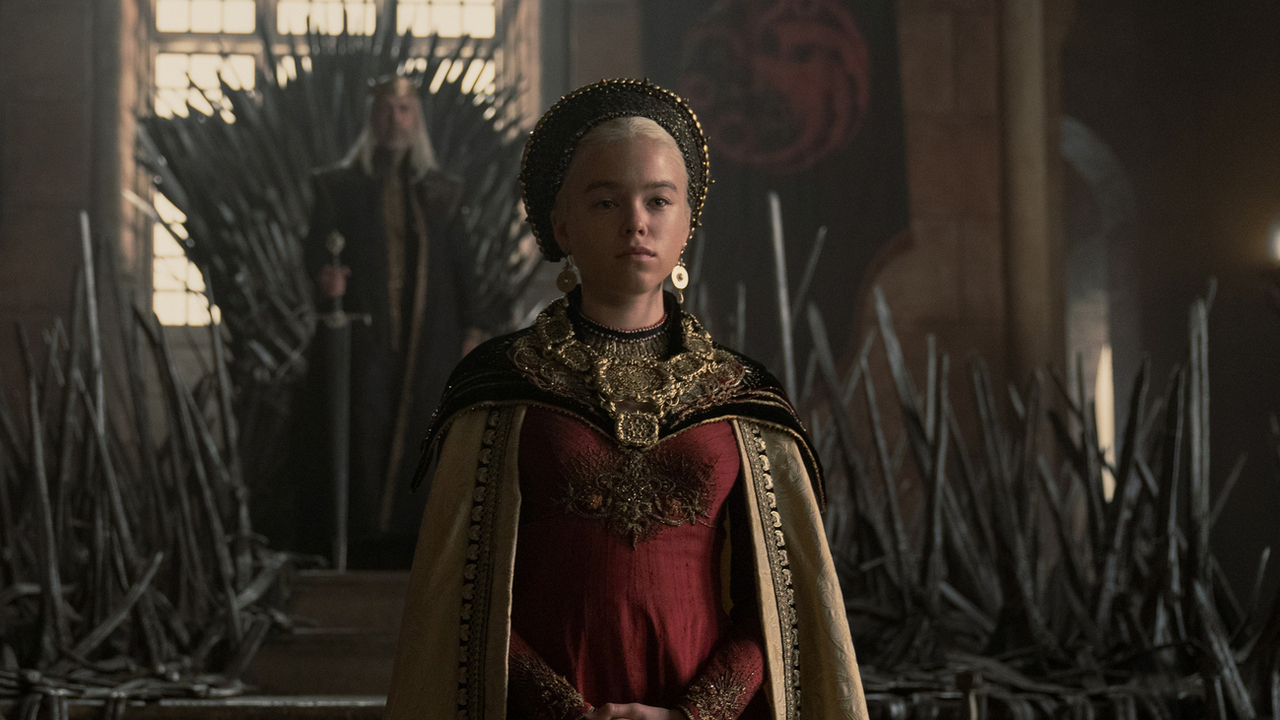
Spoilers ahead for the series premiere of HBO’s House of the Dragon.
House of the Dragon has finally arrived as the first spinoff of Game of Thrones, and wasted no time in making history for HBO. Although fans of the original series will see some familiar elements with dragons and Targaryens and the Iron Throne, there are some fundamental differences that go back to the source material written by George R.R. Martin. Just as he wrote the (currently incomplete) A Song of Ice and Fire novel saga that inspired Game of Thrones, his Fire & Blood is the basis for House of the Dragon. So, should fans read the book? I have some thoughts after the premiere.
As somebody who read Fire & Blood after it was released in 2018 (nearly a year before the first reports of a Targaryen-centric spinoff), I went into it with no expectation that it would ever become a TV show and no reason to suspect that it could be packed with spoilers for a future series. Whether or not you mind major plot spoilers is the biggest question for whether or not you read the book that details this era of the Targaryen dynasty, but if you’re on the fence, I have a book spoiler-free list of pros and cons that came to me after watching the first episode.
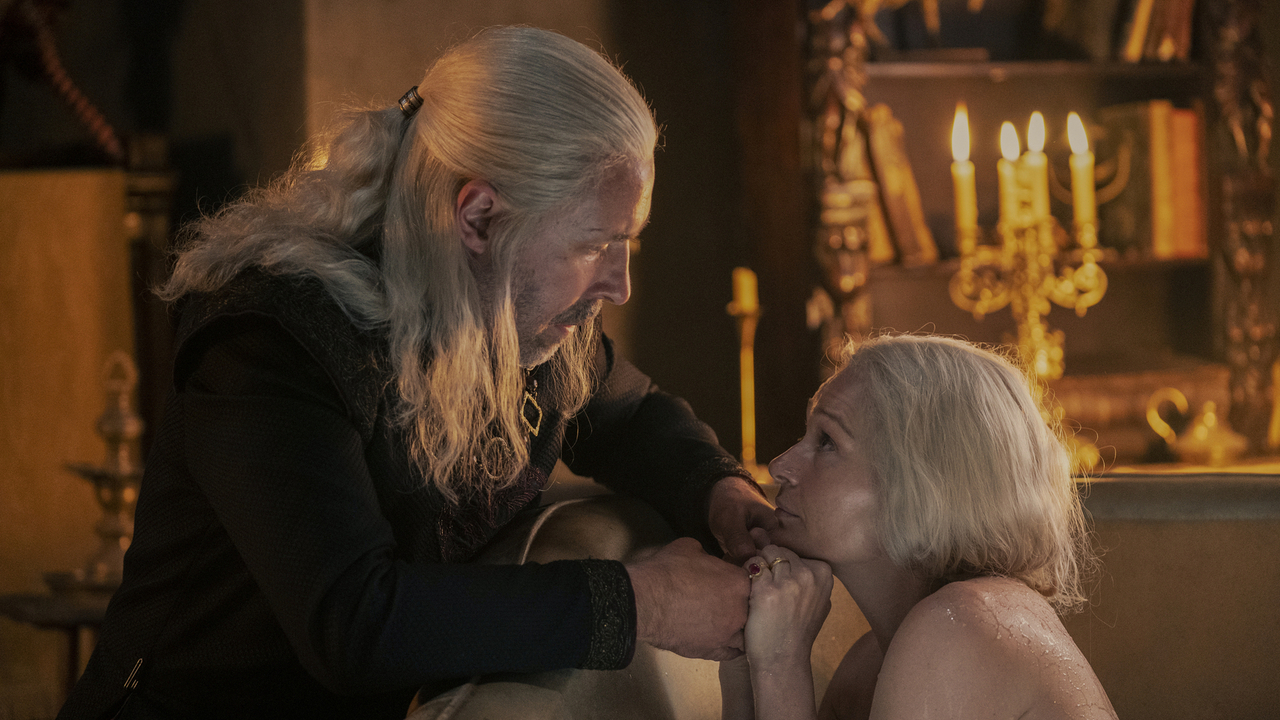
Pro: Fire & Blood Is A History Book Rather Than A Novel
Unlike the A Song of Ice and Fire saga that tells a sprawling narrative over five novels (that will expand into seven if George R.R. Martin does indeed ever finish them), Fire & Blood is a history book about the Targaryen dynasty, starting three centuries before the events of Game of Thrones. It has lots of names and dates and details, but is short on shedding light on relationships through characters’ eyes.
Reading the book means that you have an idea of where the plot is going to go for the major players, but still don’t know how exactly the events will come about. Fire & Blood has the broad plot strokes; House of the Dragon can fill in the finer details. After reading the book, I know what King Viserys will do after the death of his wife, but I haven’t seen how it happens.
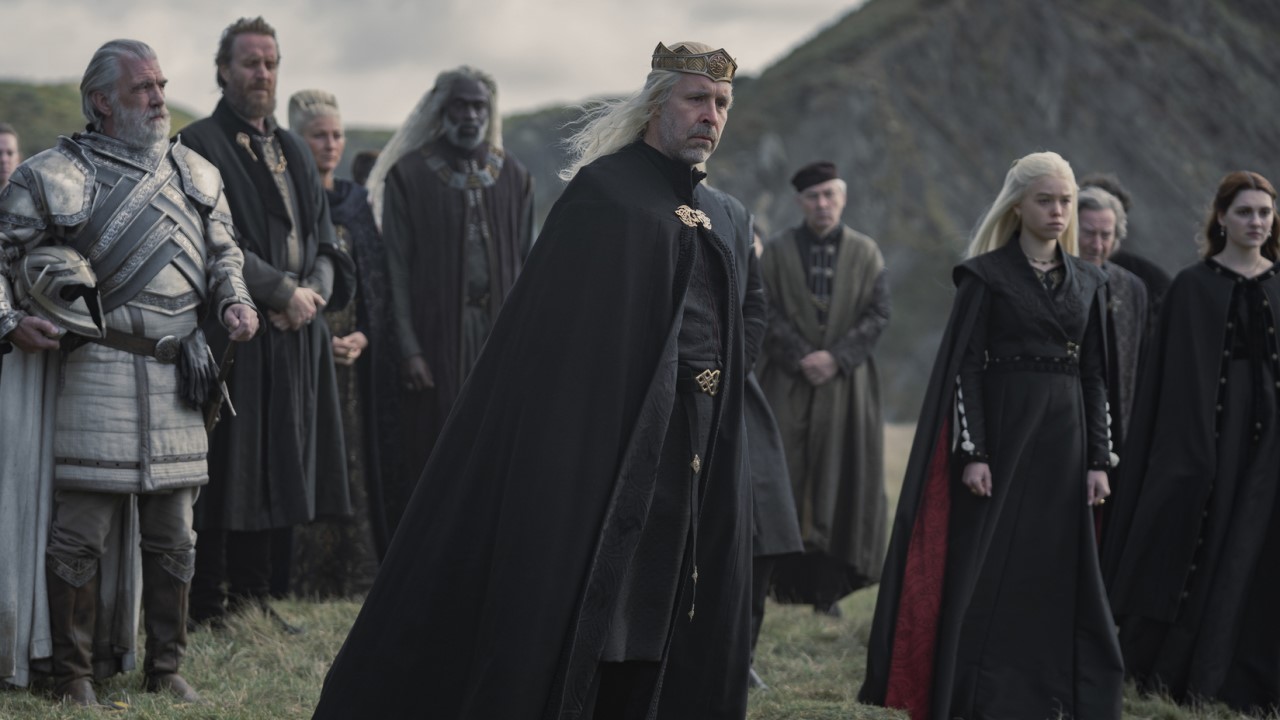
Con: Fire & Blood Is More Informative Than Entertaining
The book is technically the first of two planned volumes of the Targaryen dynasty, and the Targaryen dynasty is filled with royals with the same name who often marry their relatives. If you read Fire & Blood, you’ll need to prepare for many Aegons, and more than one Aerys, Viserys, and Jaehaerys, to name just some. Plenty of characters’ names even start with Rhae-, and House of the Dragon has already introduced Rhaenyra and Rhaenys.
It’s not as much of a fun and entertaining book compared to a novel, even though it is informative. All in all, you might find yourself flipping back and forth to the family tree at the end just for some clarification about which Aegon did what to which Daeron, and which of the siblings actually married each other. I know that I consulted it!
CINEMABLEND NEWSLETTER
Your Daily Blend of Entertainment News
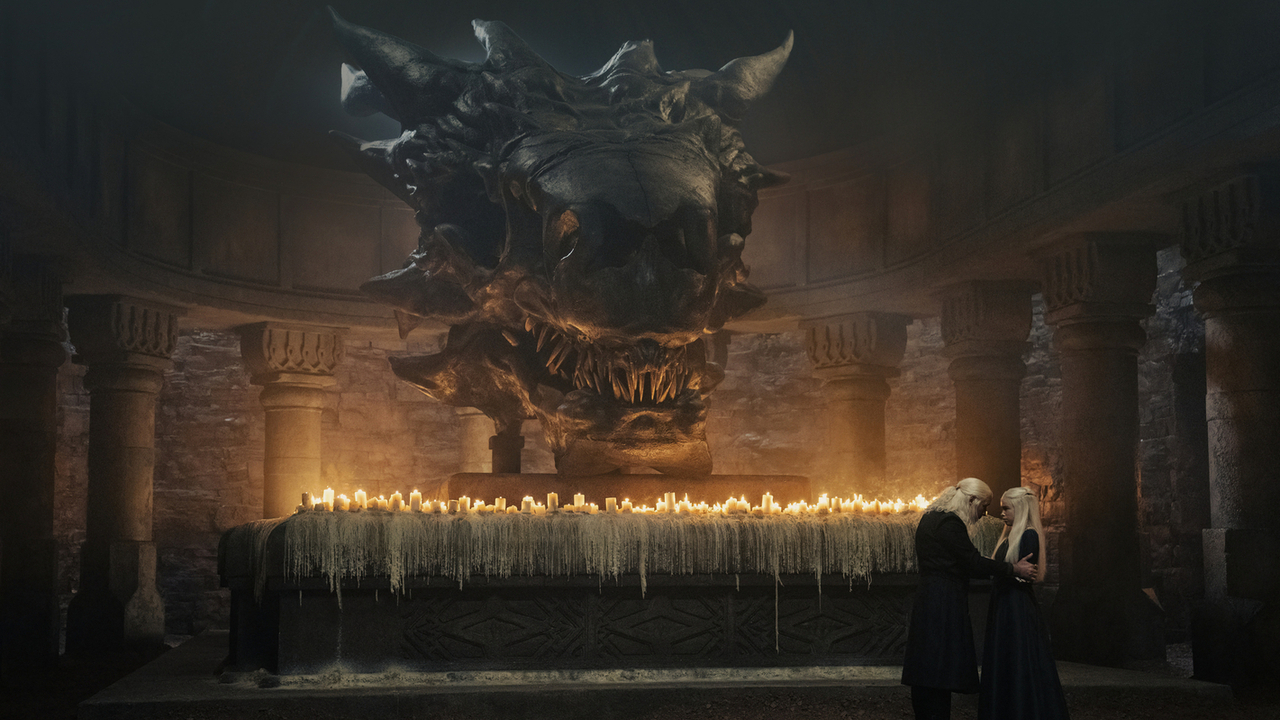
Pro: The Targaryen Lore And Lineage Will Make More Sense
On the plus side, if you wade your way through every Aerys, Viserys, and Jaehaerys to figure out who did what in the Targaryen dynasty, you’ll have a much better grasp on the lore behind House of the Dragon. The lore may in fact be more important for this show than it was for Game of Thrones, as the EPs have opened up about specific input from George R.R. Martin, including some particular requests. Plus, King Viserys’ speech to his daughter about Daenys foreseeing the end of Valyria and Aegon looking “across the black water from Dragonstone” would have made a lot more sense if you had any idea who Daenys was.
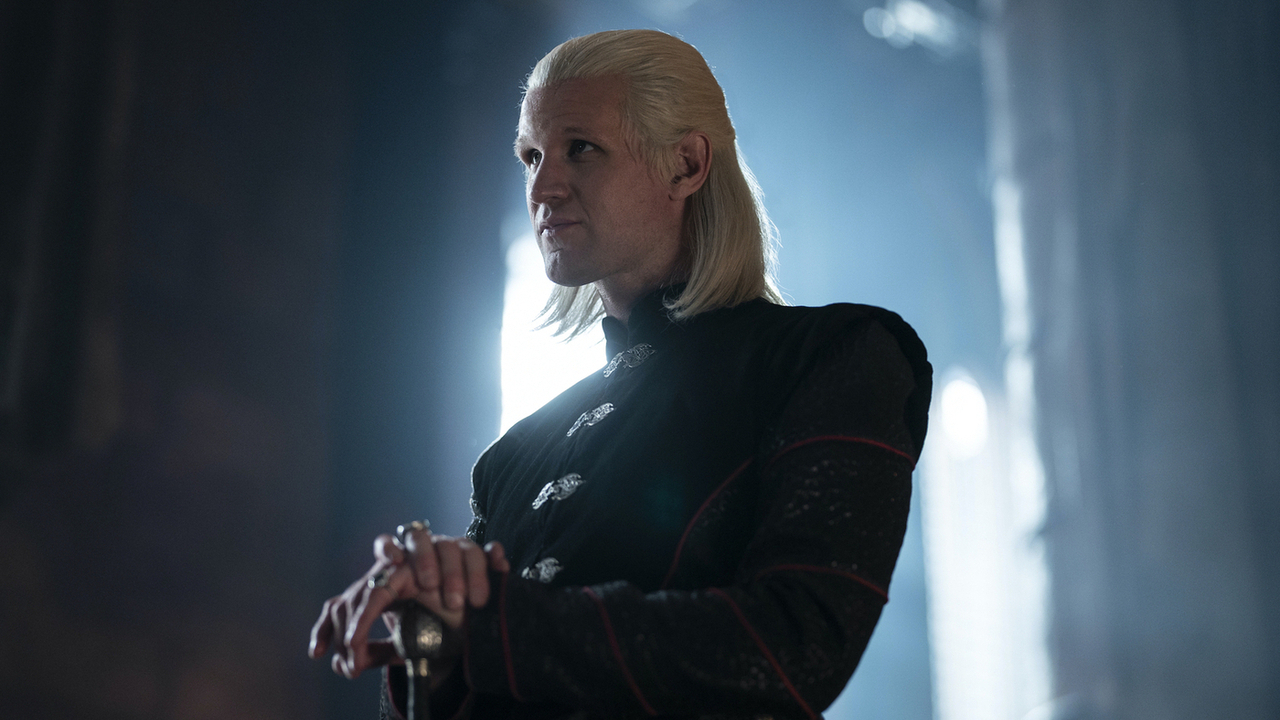
Con: You Might Build Expectations That Won’t Be Fulfilled
No page-to-screen adaptation will be an exact translation of what happened in the book, as some things have to be cut, changed, or added for the story to make sense in a visual medium. That can lead to expectations of events that will happen and how they will occur, which can backfire. Game of Thrones diverged farther and farther from the books as the seasons passed, and the same could well be true – for better or worse – for House of the Dragon.
As an A Song of Ice and Fire reader myself, I look back at the Red Wedding as an example, and how that was changed with the inclusion and then death of Robb Stark’s wife. Did it really matter in the grand scheme of Game of Thrones that Robb married Talisa and she was murdered with him at the Red Wedding, instead of how he married and died in the books? No, but I – clearly – haven’t forgotten the changes. If you don’t know how anything happened in the F&B book, you won’t be disappointed if it’s changed for HOTD.

Pro: Fire & Blood Is Already Finished For This Era
One of the biggest problems for adapting A Song of Ice and Fire into a long-running TV show was quite simply that A Song of Ice and Fire wasn’t finished. Only five of the planned seven books were released before the end of the series, and readers are still waiting on George R.R. Martin to publish The Winds of Winter as the sixth. (And he isn’t always happy about being asked about his progress.)
Fire & Blood is already finished with this era of the Targaryen dynasty, so reading the book gives a blueprint for the story and the reassurance that the executive producers have a roadmap of what needs to happen. Plus, its nature as a history book means that there’s a lot of room for creativity as long as those major story beats are hit.
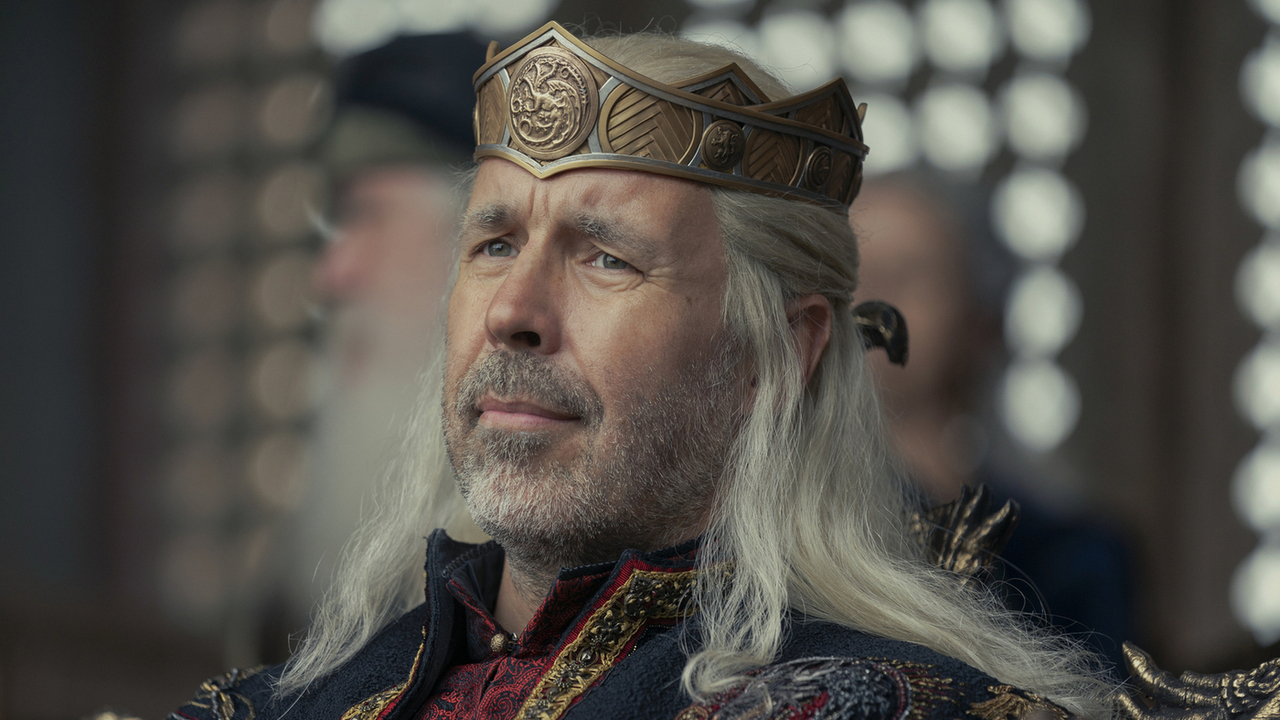
Con: The Relevant Part Isn’t Very Long
Fire & Blood runs for more than 700 pages and covers around 150 years of the Targaryen dynasty. The era that House of the Dragon is set in is definitely eventful, but still amounts to only around 250 pages of the book, give or take. If the show truly follows the blueprint of the book, then you’re less than 300 pages away from knowing the beginning, middle, and end of the plot. Sure, the in-between scenes are unknown, and the series premiere even suggests that the characters could be more interesting than the overall plot, but there are a lot of presumed spoilers in a pretty short span.

Should You Read Fire & Blood?
So, should you read the source material for House of the Dragon? While reading Fire & Blood shouldn’t ruin the viewing experience, I also don’t think that I would have done it back in 2018 if I’d known that a TV adaptation would be on the way in the not-too-distant future. If George R.R. Martin's endgame is going to also be the HBO series' endgame, then I already know at least some of the big twists that are on the way. So, if I had to choose whether or not to recommend, my verdict would be no... at this point.
I wasn’t thrilled that I’d read A Song of Ice and Fire by the time that I reached the later seasons of Game of Thrones, so I wouldn’t say that reading Fire & Blood should be the top priority for anybody hoping to have a clean slate for the TV show. That said, the ASoiaF books’ status as novels means that there were a lot more details that Game of Thrones had to either condense or change, and the magic of House of the Dragon could well be in how it fills in the blanks of the F&B history book.
So, if you don’t mind spoilers and find that these pros outweigh these cons, then give Fire & Blood a try! Otherwise, I would suggest at least waiting until the end of the first season before picking up a copy. Personally, I’m aiming to not use the book as a manual of what to expect and go along for the ride, and it's going fairly well so far.
You can catch new episodes of House of the Dragon on Sundays at 9 p.m. ET, either on HBO or with an HBO Max subscription. If you’re in the market for some viewing options set elsewhere than Westeros, be sure to check out our 2022 TV premiere schedule.

Laura turned a lifelong love of television into a valid reason to write and think about TV on a daily basis. She's not a doctor, lawyer, or detective, but watches a lot of them in primetime. CinemaBlend's resident expert and interviewer for One Chicago, the galaxy far, far away, and a variety of other primetime television. Will not time travel and can cite multiple TV shows to explain why. She does, however, want to believe that she can sneak references to The X-Files into daily conversation (and author bios).
House Of The Dragon Has Been Planning A Huge Naval Battle For 3 Years, And I Totally Get Why They Hired Titanic's Production Manager For It
After What House Of The Dragon Boss Says George R.R. Martin Was ‘Unwilling To Acknowledge,’ I Need To Know How Faithful Season 3 Will Be To Fire And Blood







